on the
outside
looking
indian

HOW MY
SECOND CHILDHOOD
CHANGED MY LIFE

Rupinder Gill
RIVERHEAD BOOKS
New York
RIVERHEAD BOOKS
Published by the Penguin Group
Penguin Group (USA) Inc.
375 Hudson Street, New York, New York 10014, USA
Penguin Group (Canada), 90 Eglinton Avenue East, Suite 700, Toronto, Ontario M4P 2Y3, Canada (a division of Pearson Penguin Canada Inc.) Penguin Books Ltd., 80 Strand, London WC2R 0RL, England Penguin Group Ireland, 25 St. Stephens Green, Dublin 2, Ireland (a division of Penguin Books Ltd.) Penguin Group (Australia), 250 Camberwell Road, Camberwell, Victoria 3124, Australia (a division of Pearson Australia Group Pty. Ltd.) Penguin Books India Pvt. Ltd., 11 Community Centre, Panchsheel Park, New Delhi110 017, India Penguin Group (NZ), 67 Apollo Drive, Rosedale, Auckland 0632, New Zealand (a division of Pearson New Zealand Ltd.) Penguin Books (South Africa) (Pty.) Ltd., 24 Sturdee Avenue, Rosebank, Johannesburg 2196, South Africa
Penguin Books Ltd., Registered Offices: 80 Strand, London WC2R 0RL, England
The publisher does not have any control over and does not assume any responsibility for author or third-party websites or their content.
Copyright 2011 by Rupinder Gill
Cover design by Jaya Micelli
Book design by Tiffany Estreicher
All rights reserved.
No part of this book may be reproduced, scanned, or distributed in any printed or electronic form without permission. Please do not participate in or encourage piracy of copyrighted materials in violation of the authors rights. Purchase only authorized editions.
RIVERHEAD is a registered trademark of Penguin Group (USA) Inc.
The RIVERHEAD logo is a trademark of Penguin Group (USA) Inc.
Originally published in Canada by McClelland & Stewart: March 2011
First Riverhead trade paperback edition: May 2012
Library of Congress Cataloging-in-Publication Data
Gill, Rupinder, date.
On the outside looking Indian : how my second childhood changed my life /
Rupinder Gill.1st Riverhead trade pbk. ed.
p. cm.
Originally published: Toronto : McClelland & Stewart, c2011.
ISBN: 978-1-101-57525-3
1. Gill, Rupinder. 2. Women, East IndianCanadaBiography. 3. East Indians CanadaBiography. 4. East IndiansCanadaSocial life and customs. I. Title.
CT310.G435A3 2012
971.004914dc23
2012001308
PRINTED IN THE UNITED STATES OF AMERICA
10 9 8 7 6 5 4 3 2 1

Penguin is committed to publishing works of quality and integrity. In that spirit, we are proud to offer this book to our readers; however, the story, the experiences, and the words are the authors alone.
ALWAYS LEARNING
PEARSON
For my parents and my siblings,
who, in letting me tell my story, let me tell theirs too.

INTRODUCTION

girls gone mild
There is a phenomenon in Amish culture called Rumspringa, where Amish adolescents are permitted to break free from their modest and traditional lifestyles and indulge in normally taboo activities. They dress how they want, go out if and when they please, smoke, drink, and party like its 1899. At the end of their Springa Break, they decide whether they will maintain their new lifestyles or return and join the Amish Church.
In Indian adolescence, you never break free of the rules. You cook, clean, babysit, clean, get good grades, clean, be silent, clean, and dont challenge your parents in any way, especially while cleaning. This was my life. I grew up in a town whiter than snow, about an hour outside of Toronto. Like most children of immigrants, I was raised by the rules of one culture and looked longingly at those living a distinctly different way.
I didnt have the time for a continent-wide census, but from what I know, this is how the typical North American kid spends its summer vacations growing up:
July: Summer camp, family trip, or cottage. Activities include swimming, canoeing, traveling, laughter, horseplay, tomfoolery, and general merriment. Mother makes glazed hams while father reads Russian classics and smokes a pipe. Kids dance around maypoles.
August: Return home and play with friends, have sleepovers, take weekend trips, and shop for fabulous new back-to-school clothes while dreading the inevitable return to academia.
Here is how I spent my summer vacations growing up:
July: TV room. Activities include hanging out with my sisters and watching anything and everything on television, including Welcome Back, Kotter;Whos the Boss?; 227; and various other programs offering canned laughter and some much-needed escapism. Brief breaks for housecleaning and being nagged for not cleaning enough.
August: Basement TV room (much cooler). Count down the return to school/find blank VHS tapes on which to tape Days of Our Lives (dying to know if Patch and Kayla will get together!). Fight with parents about their annual two-shirts, two-pants, back-to-school shopping policy. Pray that sideburns spontaneously fall off by Labor Day.
If an Indian version of a Rumspringa existed, a Ram-Singha of sorts, I would bet my last rupee that at the end of it, only one out of every hundred kids would return to their traditional Indian upbringings. The rest of us would be hanging at the mall in acid-washed jeans, schooling the younger members of the group on how to undo their parental shackles and integrate into Western society. Sessions would be set up for courses like You Are Not Your Cousin Ravi: How to Function in a Culture That Doesnt Compare You Against Everybody Elses Kids and Less Is More: A Workshop in Applying Mens Musk Oil Cologne.
Unfortunately no such program existed during my adolescence, so my parents raised us by the standard rules of northern Punjab nunneries. I dont wholly blame my parents for my lackluster childhood. Having been to India, I am aware that the majority of kids there dont spend their summers singing around campfires or learning to play the flute. From a young age, you are expected to make a contribution to the house, not simply hang your favorite cartoon posters up in it.
Whenever we complained, my parents liked to remind us that they didnt grow up like Richie and Joannie Cunningham either. When I was a kid, we made toys out of mud, my dad once said. This was the Indian equivalent of the walking-two-miles-to-school tale that white parents used as their trump card. According to my dad, they would fashion mud cars, mud guns, or mud animals and pray it didnt rain before they finished their game of cops and robbers.
With their own childhoods so limited, I understood why they didnt see value in the things we were missing out on. But the fact that they seemed to miss was that they werent living in India anymore.
They tried desperately to hold on to their culture. For years, the only friends they had were fellow Indians. I took the opposite approach. Growing up, I had friends but I didnt have a single Indian friend. This was partially due to the fact that there were only a few other Indians in our primary school but also because I was not interested in all things Indian. I grew bored of Bollywood films, didnt listen to Indian music, and ate cereal for dinner so I didnt have to eat

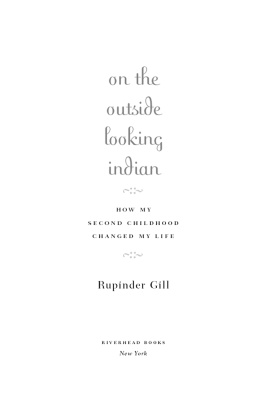



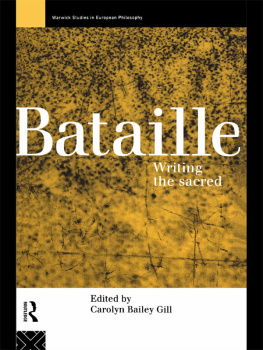


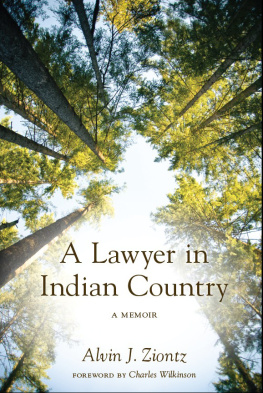
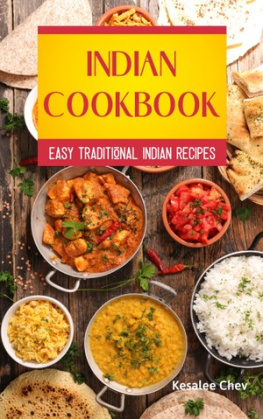
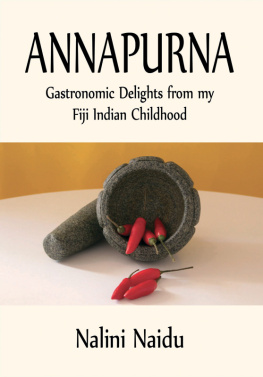
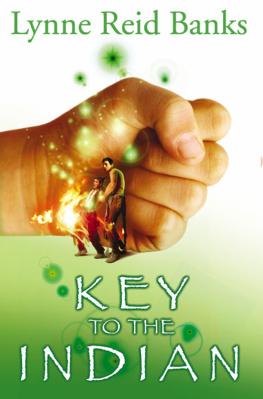

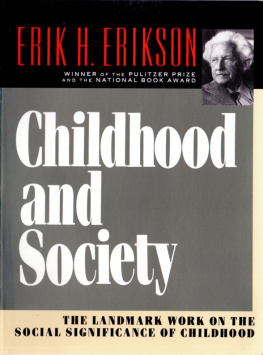
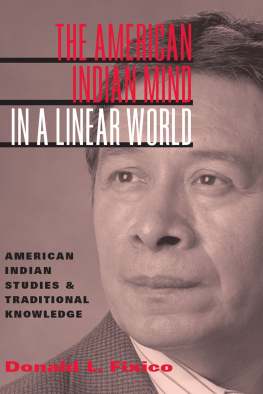
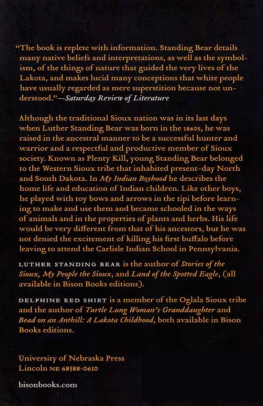
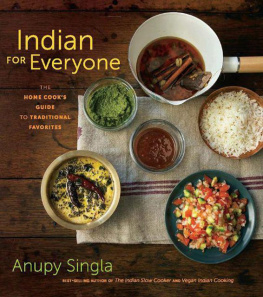


 INTRODUCTION
INTRODUCTION 